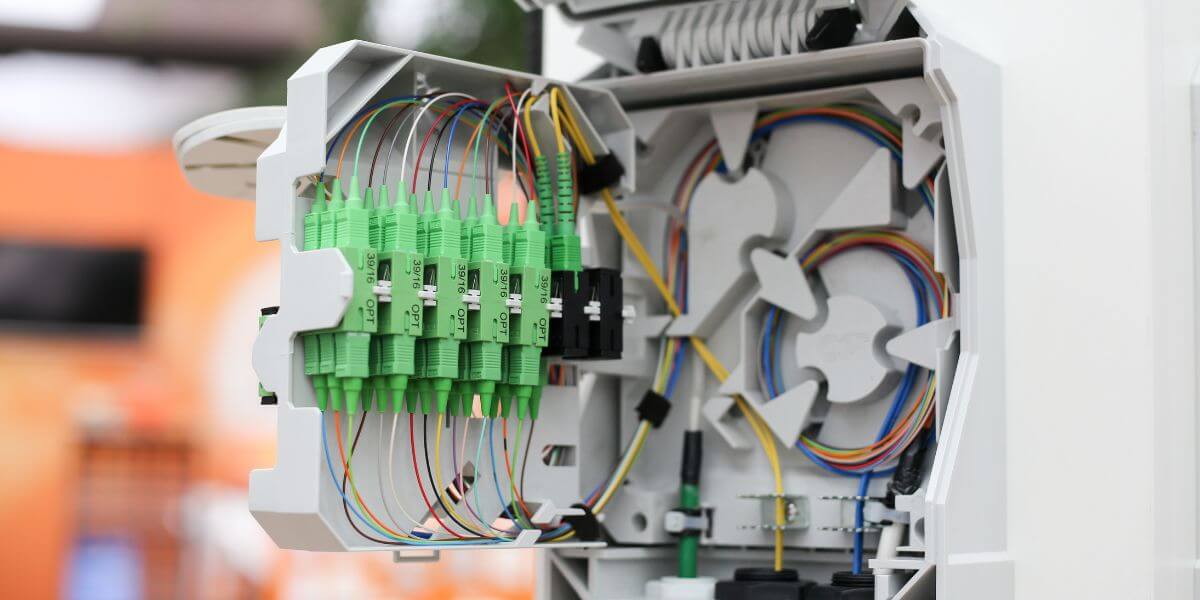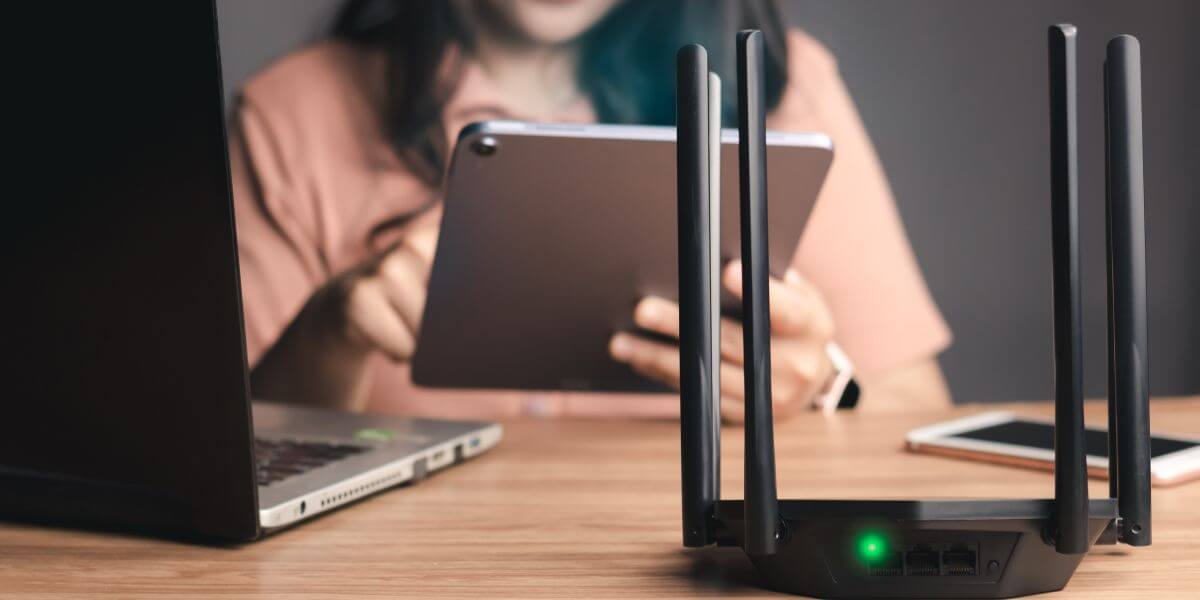Lower your internet bill
61% of people overpay for their internet.
Are you one of them?
Unlock exclusive offers in your area!
Call now
[tel]Enter zip code
1 Star is Poor & 5 Stars is Excellent.
* Required
Written by Sam Watanuki - Pub. Mar 25, 2025 / Updated Mar 25, 2025
Table of Contents
Are you happy with your Internet service?
About the author
With remote work, online learning, smart home tech, and streaming becoming a bigger part of daily life, having reliable, fast internet is now a major factor when deciding where to live.
This change in priorities has had a big impact on the real estate market, with high-speed internet—especially fiber—playing a key role in property values.
Internet speed affects property value in a similar way that other amenities do, such as access to good schools, public transportation, and shopping.
The Wall Street Journal [1] highlighted how homes with fast internet can sell for more than similar homes without it, according to some real estate agents.
This trend is backed by research from the University of Colorado and Carnegie Mellon University, which found that having high-speed internet access can increase a home’s value by up to 3.1%. Their study compared listings of similar homes and found a clear premium for those with reliable connectivity.
It doesn’t stop there. A survey by the National Association of Realtors [3] showed that 43% of Americans would consider buying or selling their home based on access to high-speed internet. The same study found that people without broadband are more likely to rent than buy, showing how internet access not only affects property values but also impacts homeownership decisions.
While any high-speed internet connection can positively impact property values, fiber internet offers distinct advantages that make it particularly valuable in the real estate market:
Fiber optic internet transmits data using pulses of light through thin strands of glass or plastic, allowing for:

Bringing work and education home
The COVID-19 pandemic fundamentally altered how we view internet connectivity in our homes. With millions moving to remote work and online learning, having reliable internet became a must-have for most households.
The shift to remote work sparked a major move from cities to suburban and rural areas. But this trend has mostly depended on having reliable high-speed internet:
When schools transitioned to online learning, families quickly discovered whether their home internet could support:
This experience transformed how families evaluate potential homes, with internet capability becoming a primary consideration rather than an afterthought.
The impact of fiber internet extends beyond individual property values to enhance entire communities:
Communities with widespread fiber availability can experience:
Fiber internet gives you fast, reliable connections, perfect for smooth streaming, quicker downloads, and better performance for both homes and businesses. For example:

More access, more connectivity
Even with all the benefits, there’s still a big gap in internet access, especially in rural areas. It’s bad news for those without broadband. Buyers expect internet in their dream homes, and sellers ultimately lose out if their home doesn’t have it.
The lack of high-speed internet in rural areas can create a downward spiral:
To tackle this issue, many local governments and cooperatives are stepping up to bring fiber networks to areas that have been previously underserved [4]. This helps close the digital divide and keeps property values steady.
Clearly, internet connectivity is a key factor when buying or selling a home. Fast internet can make a big difference in property value, buyer interest, and how easy it is to sell.
If you’re house hunting, consider these internet-related factors:
If you’re preparing to sell your home:
If you’ve fallen in love with a property that lacks fiber internet, consider these alternatives:

Internet’s lasting impact on home values
As digital integration continues to expand, the relationship between internet connectivity and property values is likely to strengthen. Several emerging trends will shape this relationship:
High-speed internet access—particularly fiber connectivity—has become an essential factor in determining property values. The premium placed on well-connected homes reflects the fundamental role internet service now plays in our daily lives, from work and education to healthcare and entertainment.
Whether you’re buying, selling, working in real estate, or shaping communities, understanding how internet connectivity affects property decisions is key. As we rely more and more on being connected, it’s clear that fast, reliable internet plays a big role in where we want to live—and what we’re willing to pay to stay connected.
From buying to selling, or simply being curious about your property’s value, considering internet connectivity has much more pull than it ever has before.
[1] The Wall Street Journal. “How Fast Internet Affects Home Prices."
[2] National Association of Realtors. “Highlights From the Profile of Home Buyers and Sellers."
[3] The U.S. Department of Homeland Security. “Smart Cities."
[4] County Health Rankings & Roadmaps. “Broadband initiatives for unserved and underserved areas."
About the author
Congratulations, you qualify for deals on internet plans.
Speak with our specialists to access all local discounts and limited time offers in your area.
[tel]61% of people overpay for their internet.
Are you one of them?
Unlock exclusive offers in your area!
Call now
[tel]Enter zip code